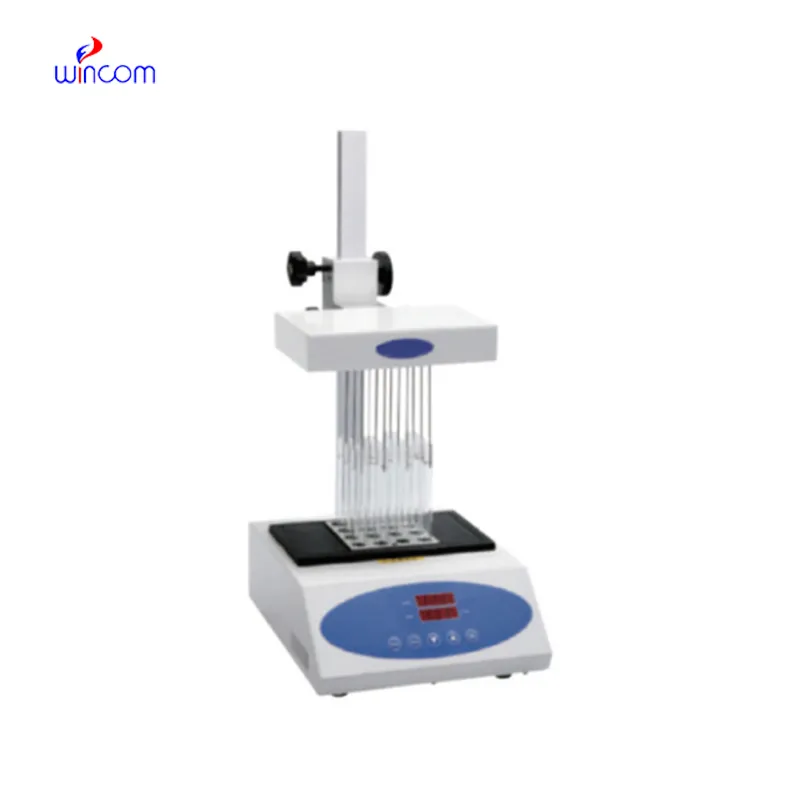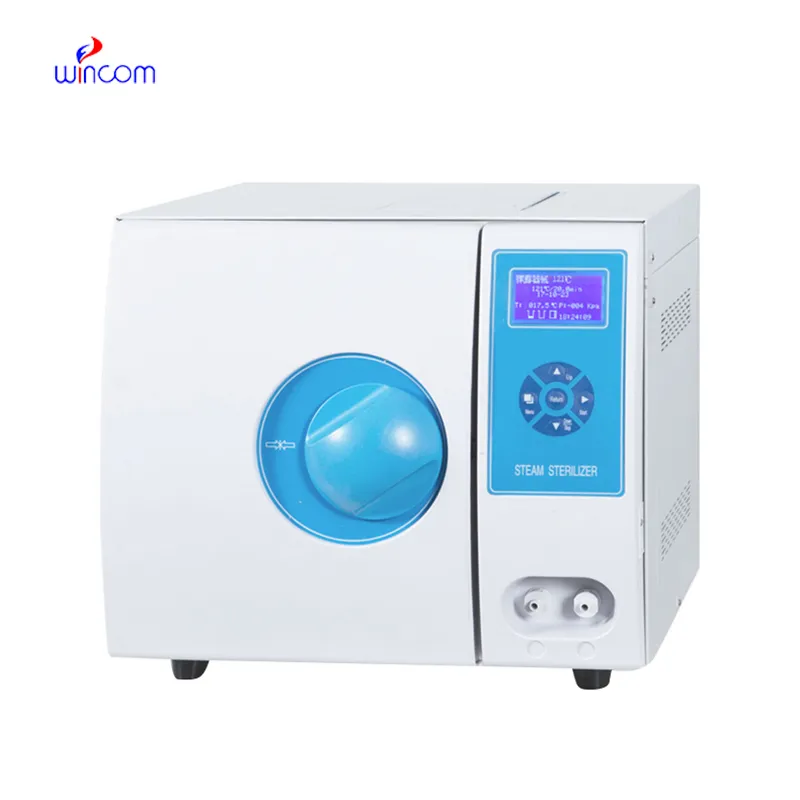
Developed from the use of sophisticated superconducting magnets, the mri machine vs ct machine produces stable magnetic fields that create clear and unblurred images. Patient comfort during scanning is provided with noise reduction systems in the mri machine vs ct machine. Automated positioning and high-speed data acquisition functions are included in the mri machine vs ct machine to provide an effective workflow in clinical settings.

The mri machine vs ct machine is typically employed in abdominal imaging to assess the organs like the liver, kidneys, pancreas, and intestines. The mri machine vs ct machine can identify cysts, lesions, and infection. The mri machine vs ct machine enjoys higher contrast resolution and thus even minimal soft tissue abnormalities can be detected by radiologists.

The mri machine vs ct machine will move towards small, compact designs with improved patient comfort. AI systems will automatically position and set parameters, reducing the operator's workload. The mri machine vs ct machine will also include data analytics to personalize imaging protocols for anatomy and clinical needs.

Keeping the mri machine vs ct machine in good shape guarantees stable imaging and long life. Technicians should follow factory-established service intervals, review system diagnostics, and perform safety interlock testing. The mri machine vs ct machine should also be inspected for abnormal vibrations or sound patterns indicative of component failure.
The mri machine vs ct machine provides enhanced diagnostic functionality for identifying abnormalities in tissues and organs. It relies on magnetic fields rather than ionizing radiation, thereby assuring safety when scanning repeatedly. The mri machine vs ct machine enables the timely diagnosis of ailments including tumors, multiple sclerosis, and degeneration of joints.
Q: What happens if a patient is claustrophobic during an MRI scan? A: Patients who feel anxious or claustrophobic can request an open MRI machine or mild relaxation medication to make the experience more comfortable. Q: Can MRI detect joint and muscle injuries? A: Yes, MRI is highly effective for examining ligaments, tendons, and muscles, making it a key tool for diagnosing sports and orthopedic injuries. Q: What types of MRI scans are available? A: There are several types, including brain MRI, spinal MRI, cardiac MRI, and functional MRI, each tailored to different diagnostic purposes. Q: Are there any risks associated with MRI scans? A: MRI is generally very safe, though individuals with implanted devices, metallic fragments, or severe kidney conditions may require additional evaluation before scanning. Q: Can MRI scans monitor treatment progress? A: Yes, MRI can track changes in tumors, inflammation, or tissue healing over time, helping physicians assess treatment effectiveness.
This x-ray machine is reliable and easy to operate. Our technicians appreciate how quickly it processes scans, saving valuable time during busy patient hours.
The centrifuge operates quietly and efficiently. It’s compact but surprisingly powerful, making it perfect for daily lab use.
To protect the privacy of our buyers, only public service email domains like Gmail, Yahoo, and MSN will be displayed. Additionally, only a limited portion of the inquiry content will be shown.
We’re looking for a reliable centrifuge for clinical testing. Can you share the technical specific...
I’m looking to purchase several microscopes for a research lab. Please let me know the price list ...
E-mail: [email protected]
Tel: +86-731-84176622
+86-731-84136655
Address: Rm.1507,Xinsancheng Plaza. No.58, Renmin Road(E),Changsha,Hunan,China